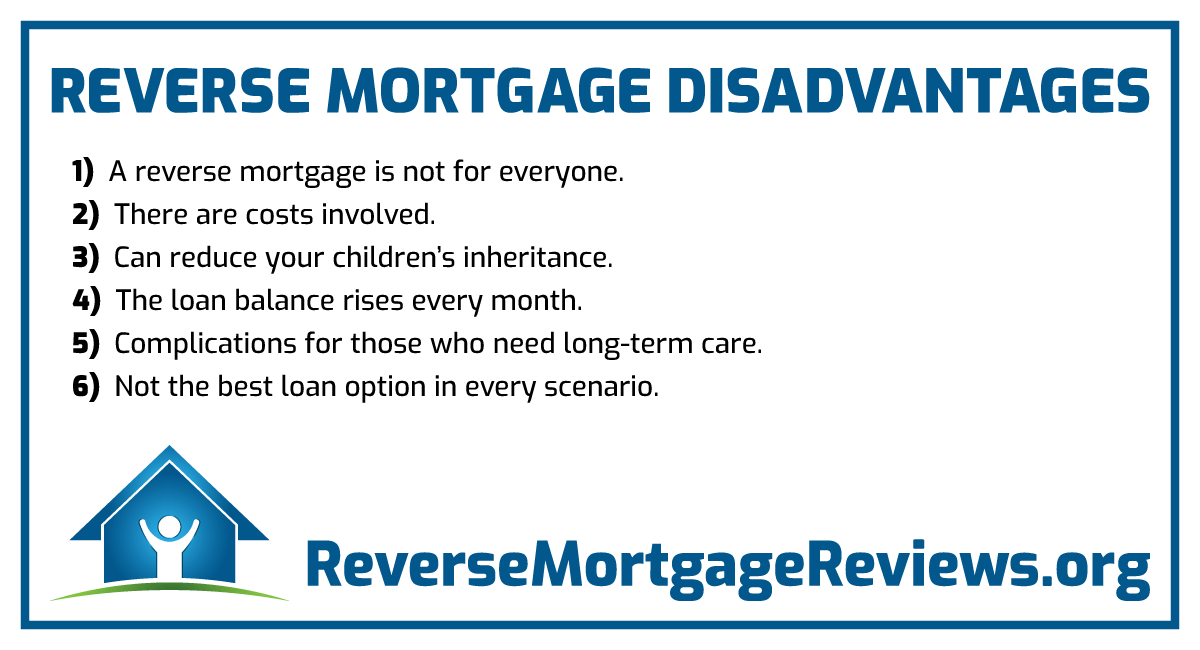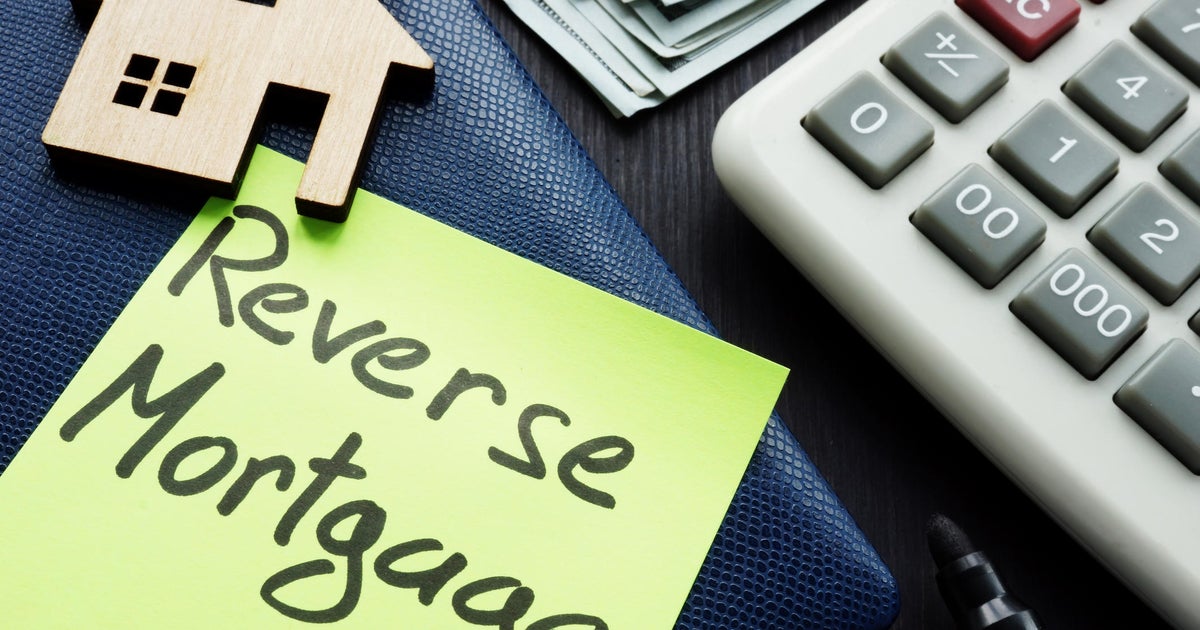How to Purchase Reverse Mortgage for a Secure Retirement Income
How to Purchase Reverse Mortgage for a Secure Retirement Income
Blog Article
Empower Your Retired Life: The Smart Way to Purchase a Reverse Home Mortgage
As retirement methods, lots of individuals look for reliable strategies to boost their economic self-reliance and wellness. Amongst these techniques, a reverse mortgage emerges as a practical alternative for property owners aged 62 and older, allowing them to tap into their home equity without the requirement of month-to-month repayments. While this financial device offers a number of advantages, consisting of raised capital and the potential to cover vital expenses, it is vital to comprehend the intricacies of the application process and crucial considerations entailed. The next steps might reveal exactly how you can make an educated decision that might dramatically impact your retired life years.
Comprehending Reverse Home Mortgages
Understanding reverse mortgages can be essential for house owners looking for monetary versatility in retired life. A reverse home loan is a monetary item that permits qualified house owners, commonly aged 62 and older, to transform a section of their home equity right into cash. Unlike conventional mortgages, where customers make monthly payments to a lender, reverse mortgages make it possible for homeowners to obtain settlements or a round figure while keeping ownership of their residential property.
The amount available through a reverse home mortgage relies on a number of elements, including the home owner's age, the home's worth, and current rates of interest. Significantly, the car loan does not need to be settled up until the property owner sells the home, relocates out, or passes away.
It is essential for possible customers to understand the effects of this monetary item, including the impact on estate inheritance, tax obligation considerations, and recurring obligations connected to property maintenance, tax obligations, and insurance coverage. In addition, counseling sessions with accredited professionals are commonly needed to make certain that customers fully understand the terms of the finance. In general, a thorough understanding of reverse home loans can encourage house owners to make enlightened decisions regarding their economic future in retirement.
Advantages of a Reverse Home Mortgage
A reverse mortgage uses several compelling advantages for qualified property owners, especially those in retired life. This economic tool permits seniors to convert a section of their home equity right into cash, supplying essential funds without the need for regular monthly home mortgage payments. The money acquired can be made use of for various purposes, such as covering medical costs, making home renovations, or supplementing retired life income, thus improving general economic adaptability.
One significant advantage of a reverse home loan is that it does not need payment up until the home owner vacates, sells the home, or passes away - purchase reverse mortgage. This function allows senior citizens to keep their way of living and fulfill unanticipated prices without the worry of month-to-month settlements. In addition, the funds obtained are typically tax-free, allowing homeowners to utilize their cash money without anxiety of tax obligation effects
In addition, a reverse home mortgage can give comfort, understanding that it can function as a financial safeguard throughout tough times. Home owners also preserve possession of their homes, ensuring they can continue staying in an acquainted atmosphere. Ultimately, a reverse mortgage can be a critical monetary resource, encouraging senior citizens to manage their finances properly while appreciating their golden years.
The Application Refine
Browsing the application process for a reverse home mortgage is a crucial step for homeowners considering this economic option. The initial stage involves examining eligibility, which typically calls for the house owner to be a minimum of 62 years of ages, own the residential or commercial property outright or have a reduced mortgage equilibrium, and occupy the home as their main residence.
When eligibility is verified, homeowners have to go through a therapy session with a HUD-approved counselor. This session makes certain that they completely recognize the implications of a reverse home mortgage, including the obligations involved. purchase reverse mortgage. After completing therapy, applicants can continue to collect required documents, including proof of revenue, assets, and the home's value
The following step involves sending an application to a lender, who will certainly analyze the financial and building qualifications. An evaluation of the home will likewise be carried out to establish its market value. If authorized, the lending institution will provide loan terms, which ought to be examined meticulously.
Upon acceptance, the closing process follows, where final papers are click over here authorized, and funds are paid out. Recognizing each phase of this application process can considerably improve the house owner's self-confidence and decision-making regarding reverse mortgages.

Key Considerations Before Purchasing
Getting a reverse home loan is a significant monetary decision that needs careful factor to consider of a number of vital aspects. Assessing your economic needs and objectives is similarly vital; figure out whether a reverse mortgage lines up with your lasting plans.

Moreover, analyze the influence on your current lifestyle. A reverse mortgage can impact your eligibility for specific federal government advantages, such as Medicaid. Look for professional guidance. Consulting with a financial advisor or a housing counselor can provide beneficial understandings customized to your specific conditions. By extensively evaluating these considerations, you can make an extra enlightened choice concerning whether a reverse home mortgage is the ideal monetary method for your retirement.
Making the Most of Your Funds
Once you have actually safeguarded a reverse mortgage, properly taking care of the funds ends up being a priority. The adaptability of a reverse home mortgage enables property owners to utilize the funds in numerous methods, but critical planning is important to optimize their advantages.
One key strategy is to produce a budget that details your monetary goals and month-to-month expenses. By recognizing required expenditures such as health care, home tax obligations, and home maintenance, you can allot funds appropriately to ensure long-lasting sustainability. Additionally, think about making use of a portion of the funds for financial investments that can generate earnings or value over time, such as dividend-paying supplies or common funds.
An additional essential facet is to maintain a reserve. Alloting a reserve from your reverse home loan can aid cover unexpected webpage expenses, giving assurance and monetary security. Seek advice from with an economic advisor to explore possible tax ramifications and just how to incorporate reverse mortgage funds into your general retired life approach.
Inevitably, prudent management of reverse mortgage funds can enhance your monetary safety, permitting you to appreciate your retired life years without the stress and anxiety of financial uncertainty. Careful planning and informed decision-making will certainly ensure that your funds work effectively for you.
Conclusion
In conclusion, a reverse home mortgage presents a sensible monetary strategy for elders seeking to boost their retirement experience. By transforming home equity into visit this website obtainable funds, individuals can resolve vital expenses and safe extra monetary sources without incurring regular monthly payments.
Recognizing reverse home loans can be crucial for house owners looking for monetary adaptability in retirement. A reverse home loan is an economic product that enables qualified property owners, commonly aged 62 and older, to convert a part of their home equity right into cash. Unlike standard home mortgages, where customers make month-to-month settlements to a lender, reverse home loans make it possible for homeowners to get repayments or a swelling amount while keeping ownership of their residential or commercial property.
In general, a detailed understanding of reverse home mortgages can encourage homeowners to make informed decisions about their financial future in retirement.
Consult with a financial consultant to check out possible tax implications and how to integrate reverse mortgage funds right into your total retirement approach.
Report this page